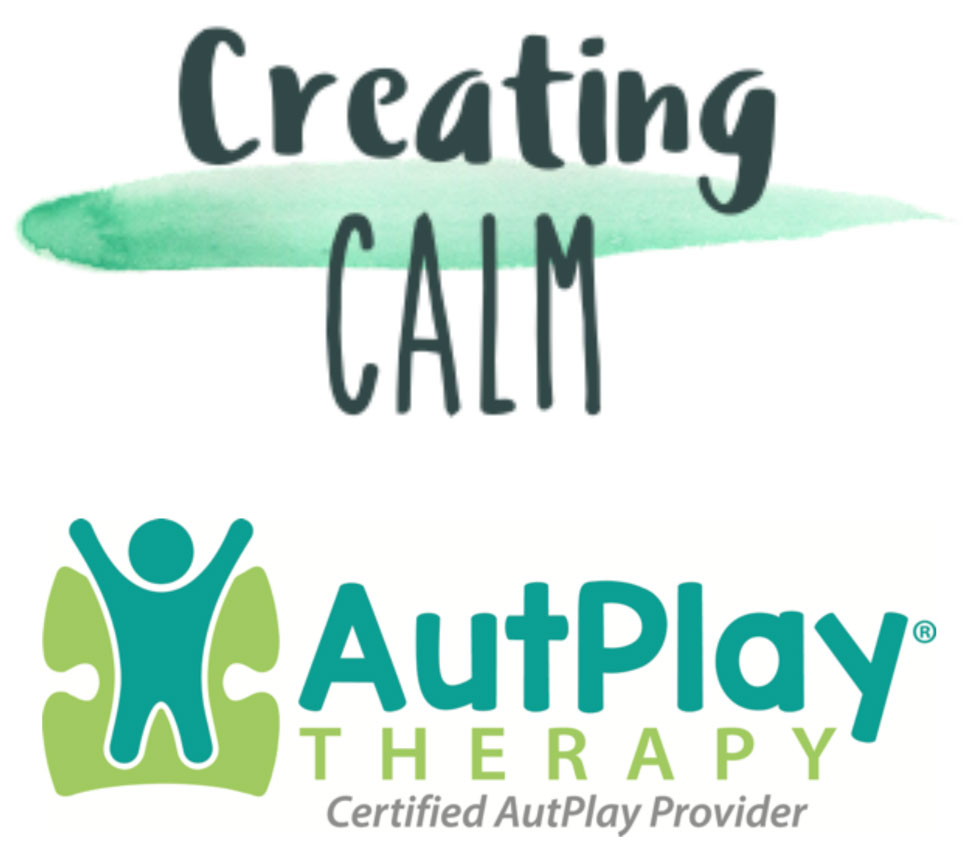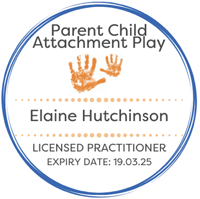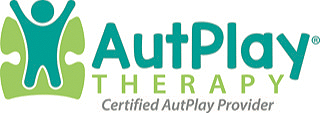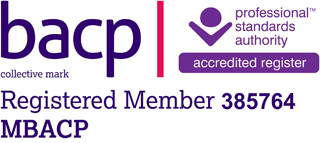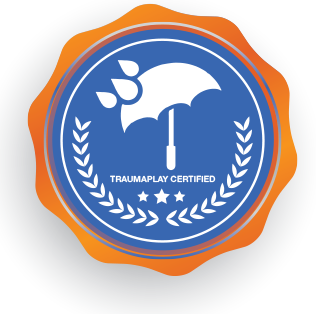If you know a child who struggles with anxiety, joining in with friends, melt-downs, aggression or unwanted behaviours (such as tics or stimming) then play therapy, particularly AutPlay, may be worth considering as a way of supporting them.
Play therapy works with a child’s natural inclination to play, to work through their worries through play and to share their world through play with those around them.
What is AutPlay?
Autplay is play and behavioural therapy-based approach to support children and young people with autism spectrum disorder (ASD), other neuro-developmental disorders and developmental disabilities. It is most effective for children and young people aged 3-18.
Autplay was started in the USA by Dr Robert Jason Grant and is fairly new to the UK. At the time of writing this I am one of less than 20 accredited practitioners in the UK.
AutPlay focuses on:
Three primary target areas:
- Emotional regulation ability
- Social skills development
- Connection (relationship development)
and three secondary target areas:
- Anxiety reduction
- Sensory processing improvement
- Behavioural change
The AutPlay therapy approach is both therapist and key adult* led. The key adult/s are involved in working with and supporting the child with help and guidance from the therapist outside of the weekly therapist and child sessions.
(*key adult/s = anyone involved in supporting the child at home, school or elsewhere…)
AutPlay is great for supporting the social, emotional and relational issues that children with ASD struggle with.
These include:
- Cognitive development (learning, thinking, planning)
- Social skills (social interaction, roles and routines)
- Relationship development (gaining attention, turn-taking, enjoyment
- Language skills (talking to other people)
- Problem solving (negotiation, asking for help, solving challenges or difficulties)
- Emotional development (managing feelings, understanding others, empathy)
Children with play skills are more likely to be included in play and conversations by their peers making social times in or out of school much easier to cope with.
How does Autplay work?
Generally speaking, it is much like play therapy, in that there will be 40 minute, weekly sessions at the same time each week. However, for Autplay, the sessions generally alternate between the therapist working with the parents (or other adults) and working with the child. Sometimes two sessions a week are scheduled, so that the child gets to see the therapist weekly rather than every fortnight, but this can be decided when we meet.
Autplay has three phases
1. Intake and assessment phase - This usually lasts around four sessions and starts with just the adults meeting.
2. Directive play intervention phase – Again this starts with the adults meeting, and alternates with the therapist and adults working together and the therapist working with the child. The adults will be taught techniques to work on with the child between sessions. The length of this phase depends on the function and skill level the child starts with and the level of adult participation outside of sessions. Some children show improvements after 6 months to a year, but this is very dependent on their level of need. If it is profound, they may be working with a therapist for several years.
3. Termination phase – When the goals set for therapy have been met, this phase begins with an adults meeting, there is then a final session with just the child, followed by a celebratory ‘graduation’ for the child and those who have supported them with AutPlay. This is generally great fun, involving party food, a small gift for the child from the therapist and proper goodbyes. Contact is maintained with the adults for as long as they need support, and therapy can be resumed again at a later stage if it is needed.
If you know a child that you think might benefit from Autplay (or Play Therapy), or you have anything else you would like to ask, please feel free to get in touch.

